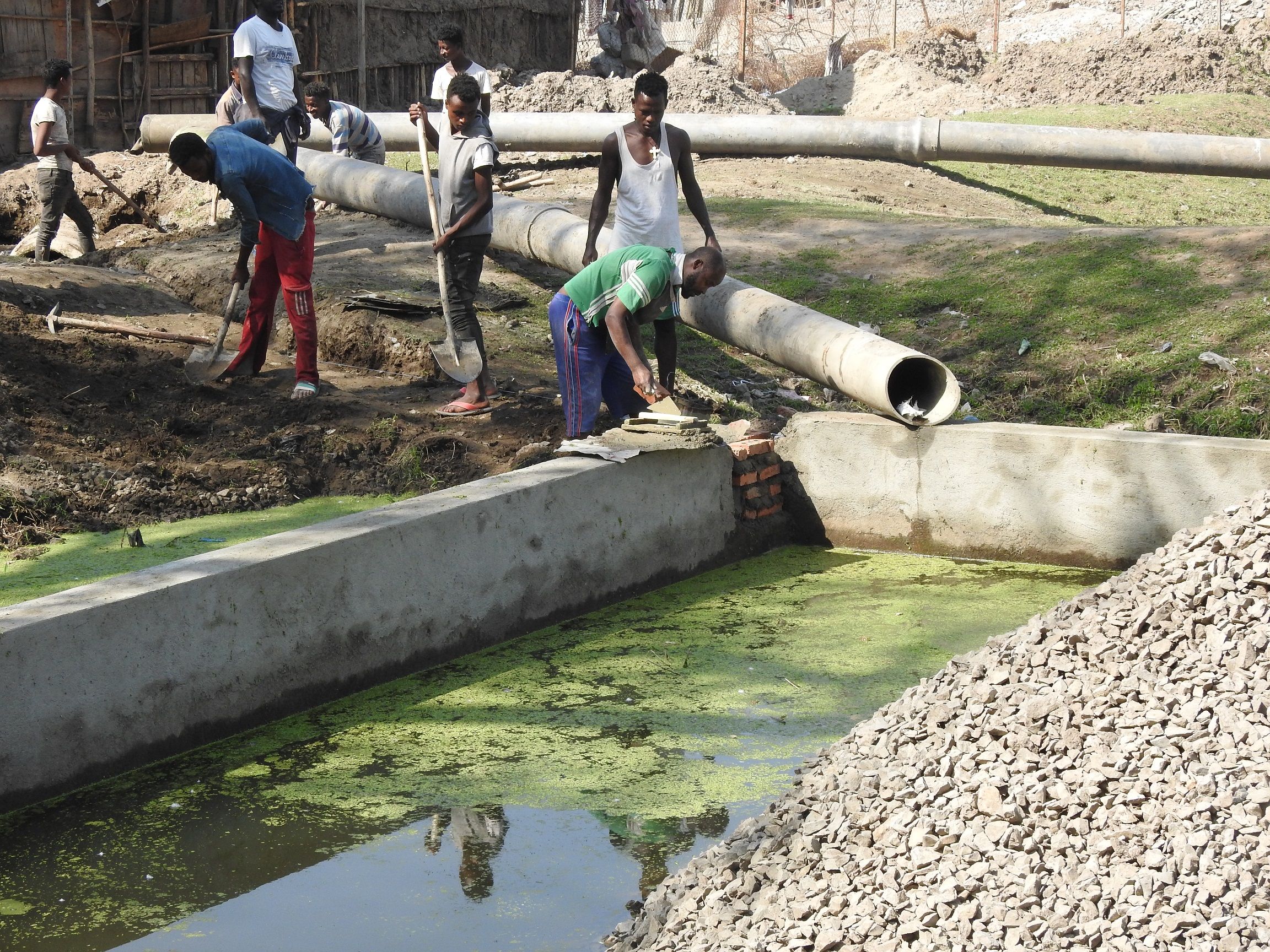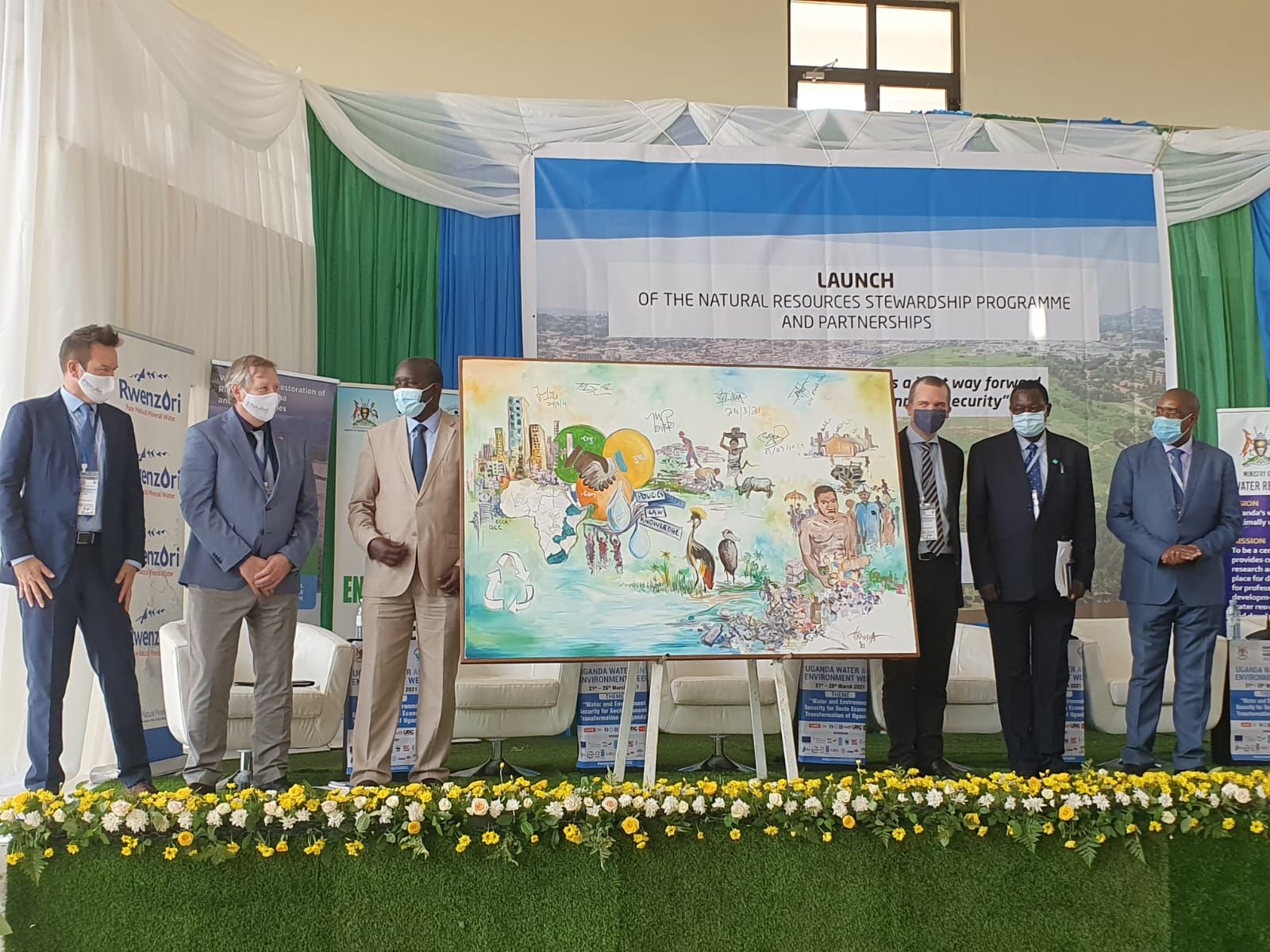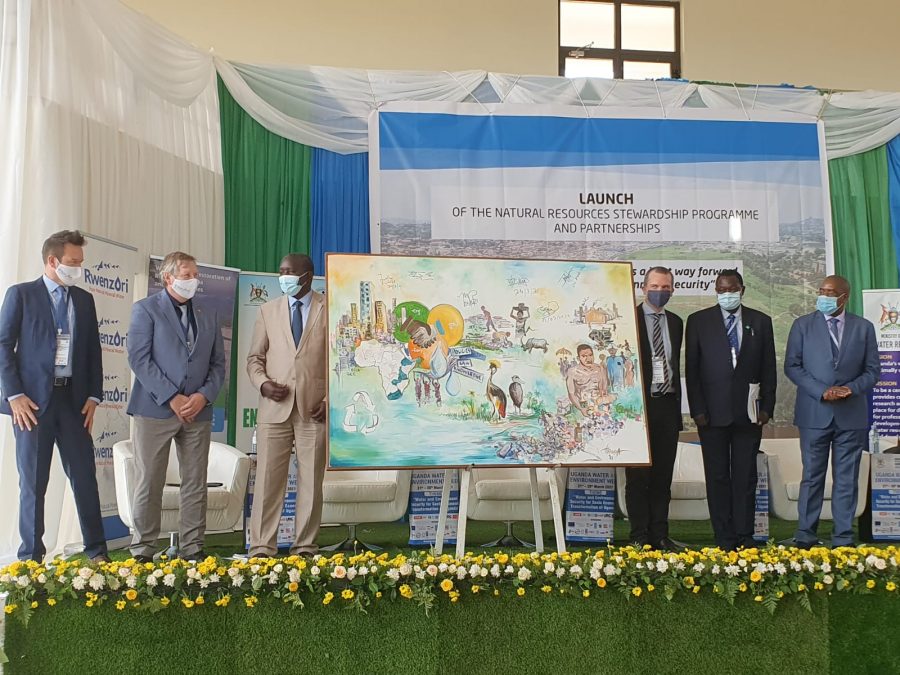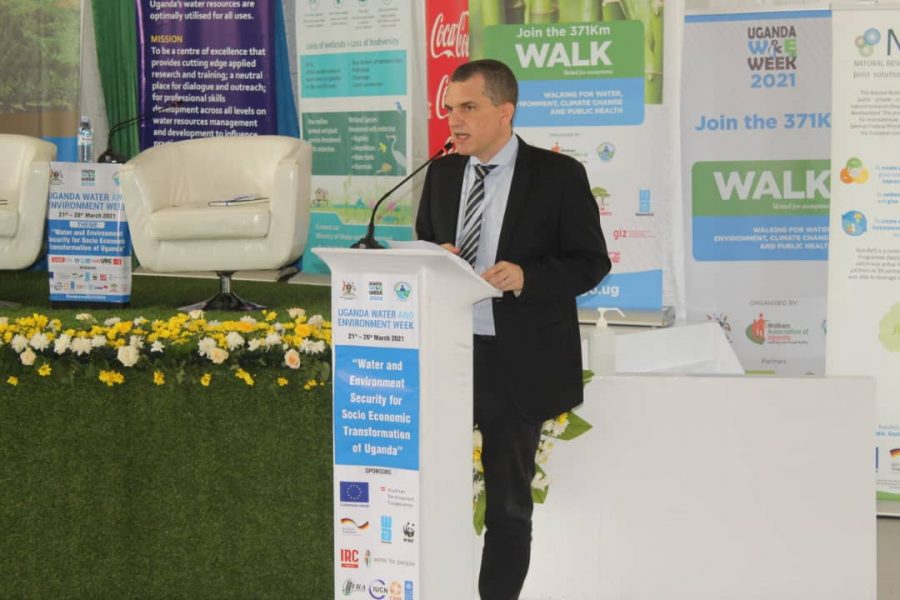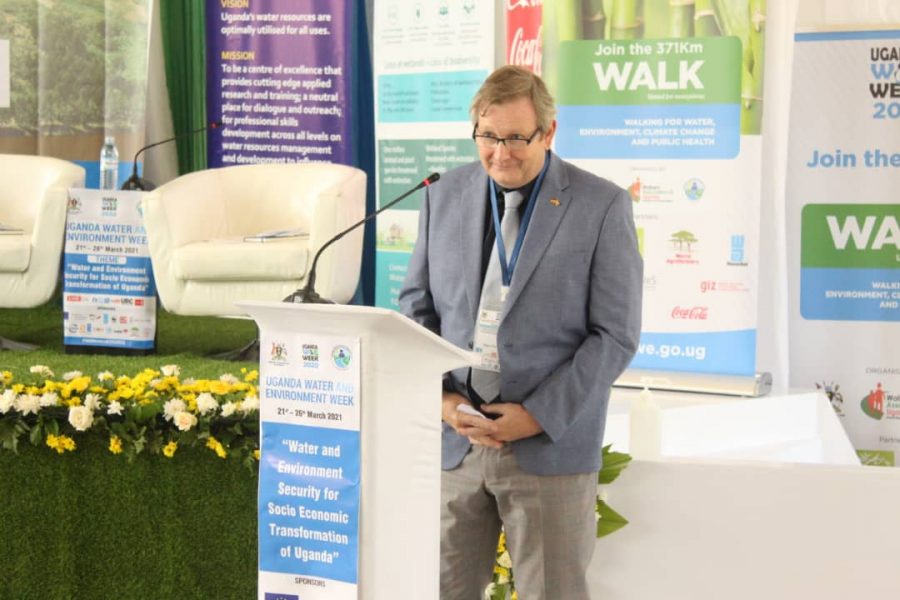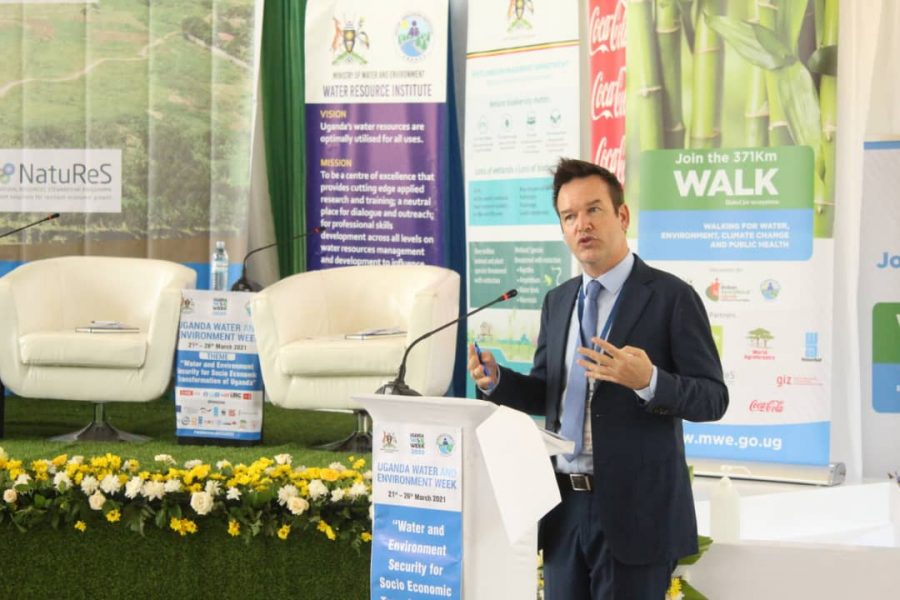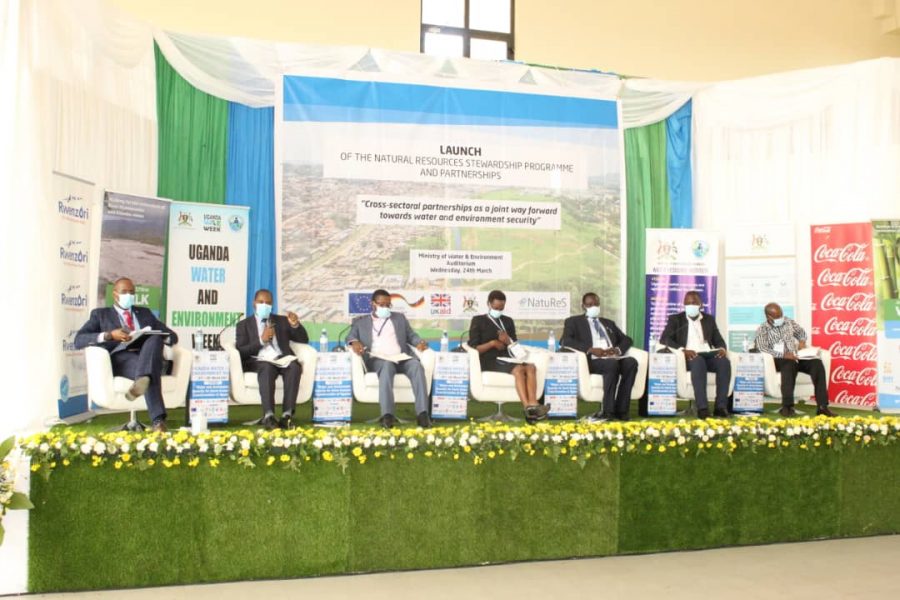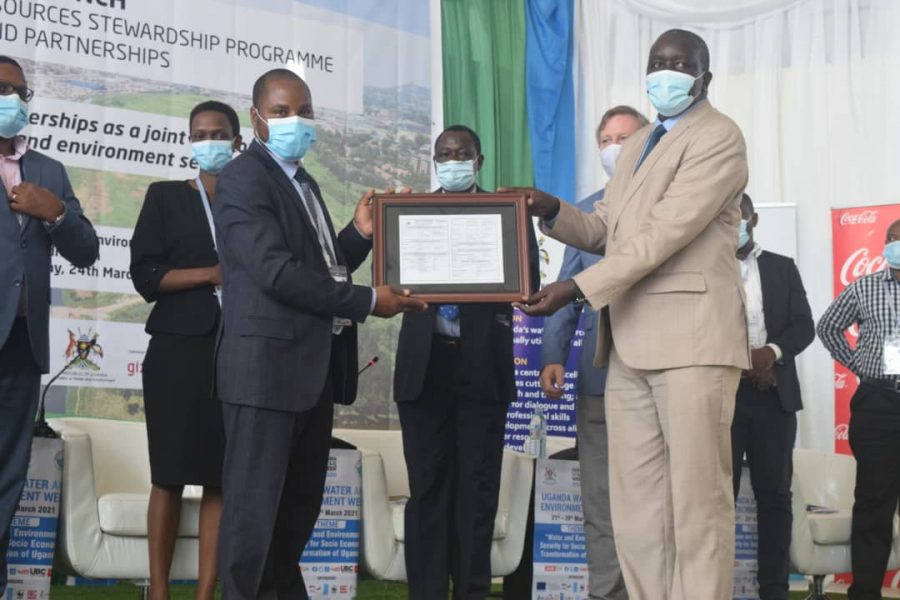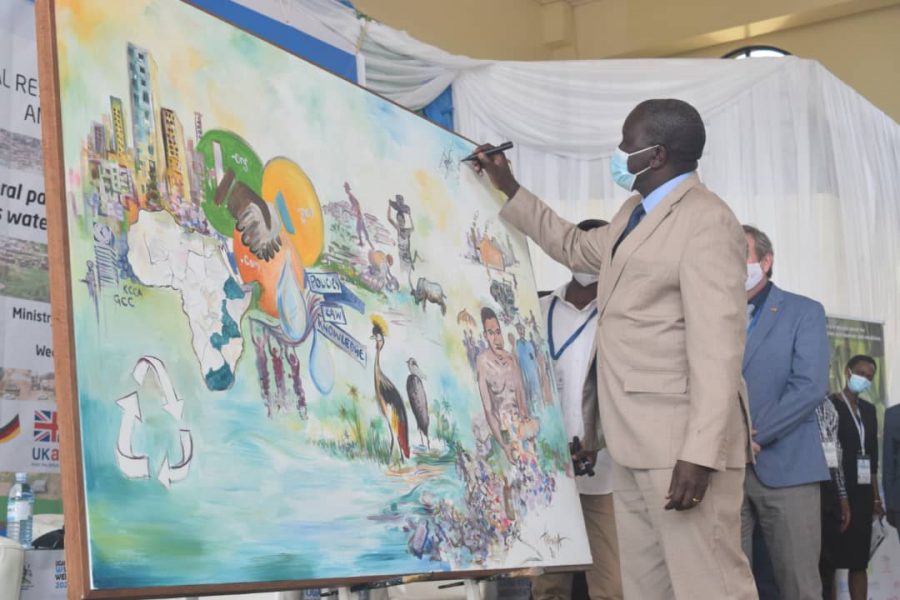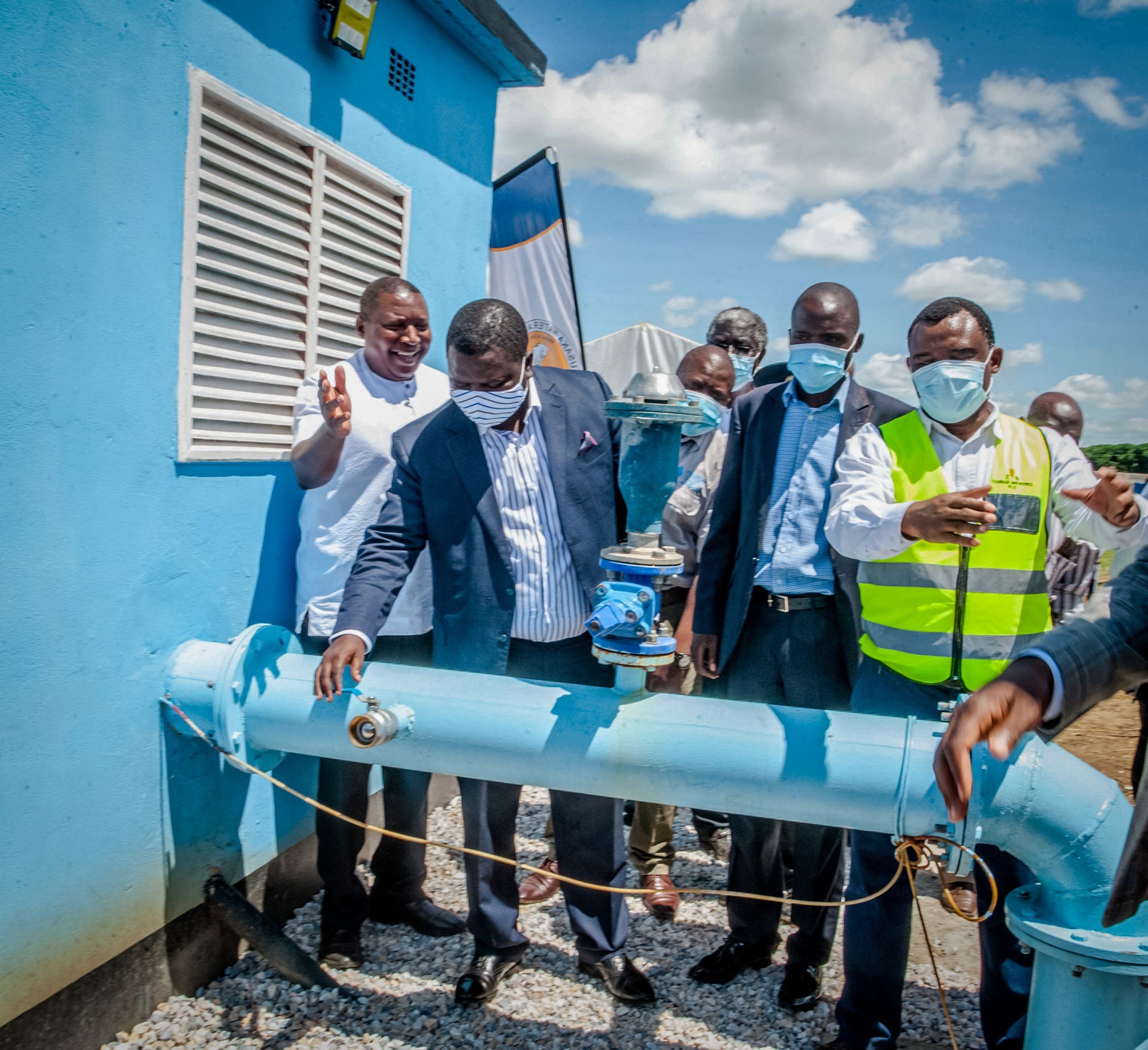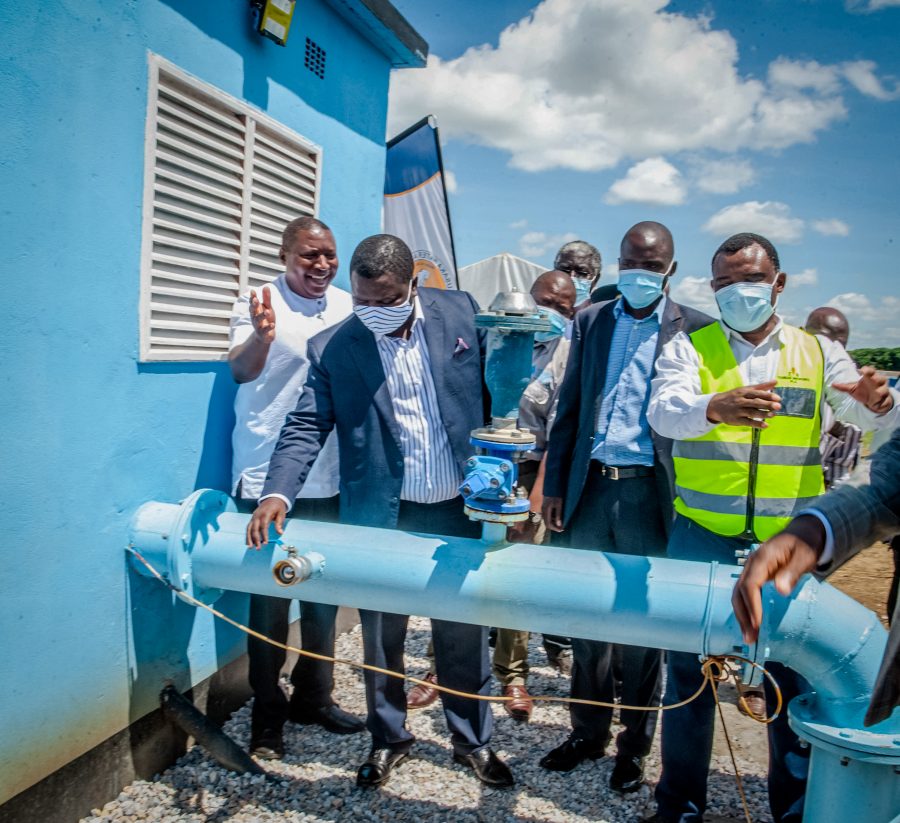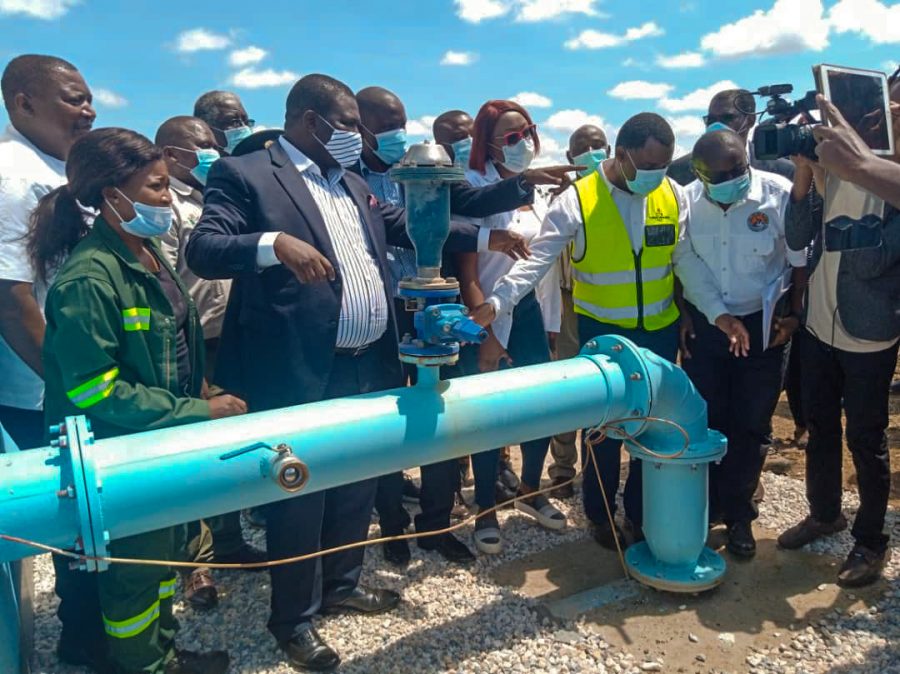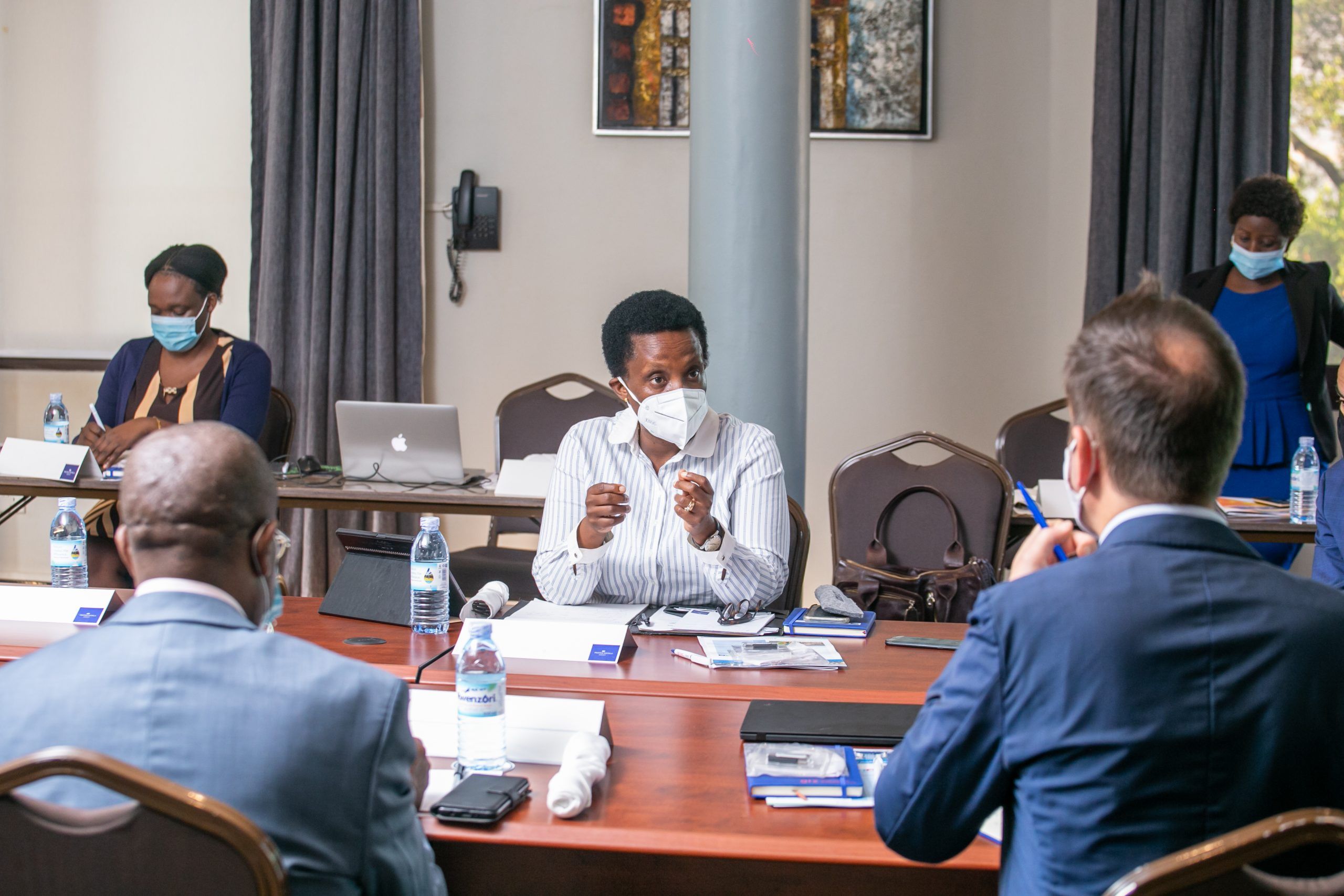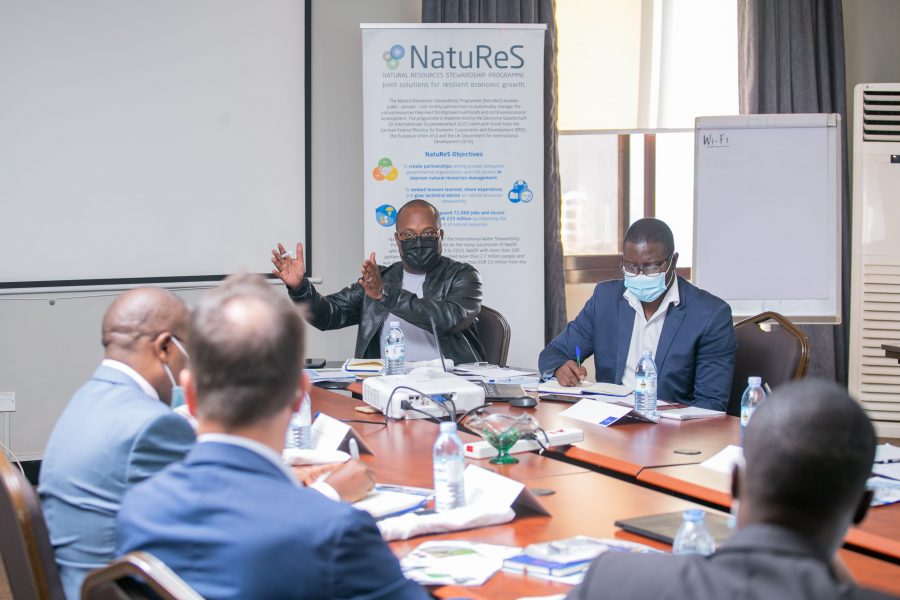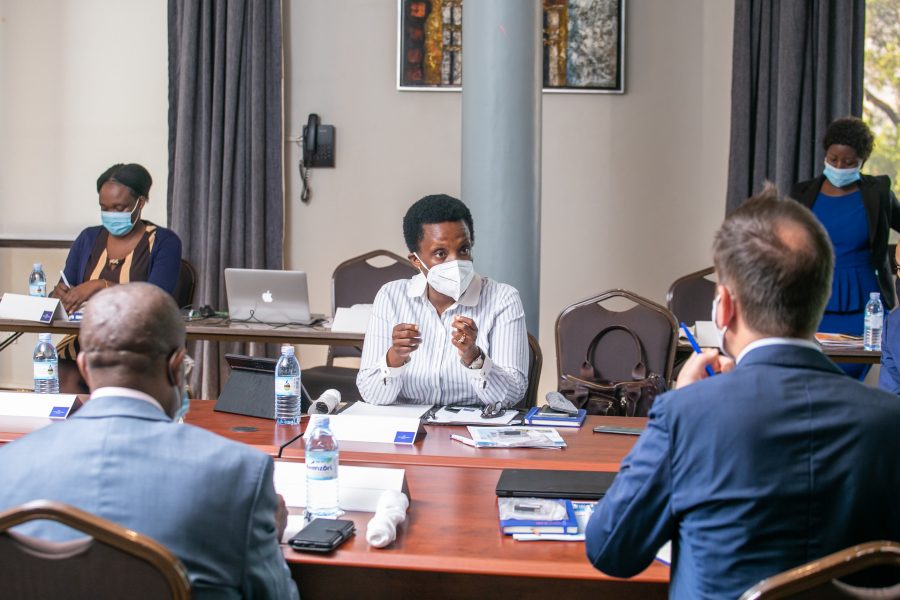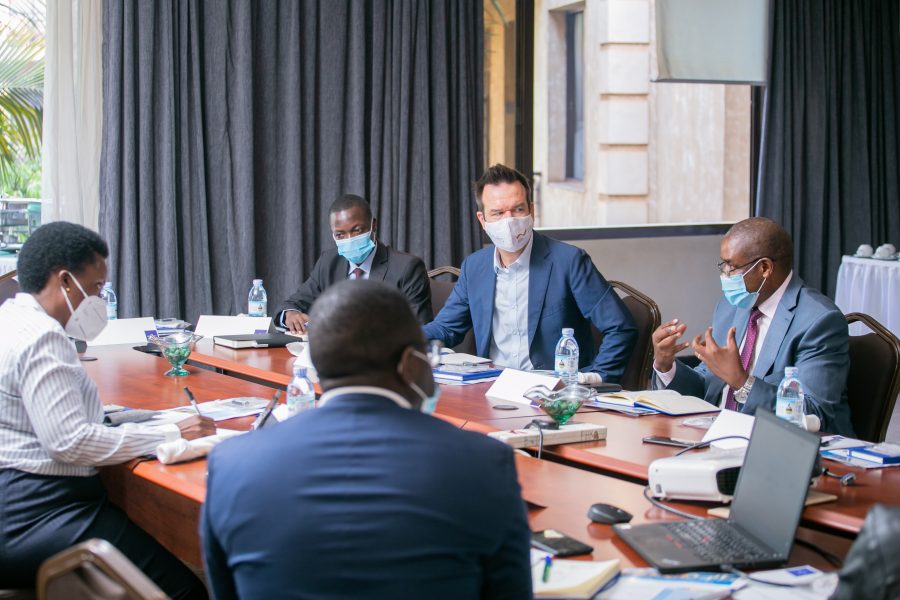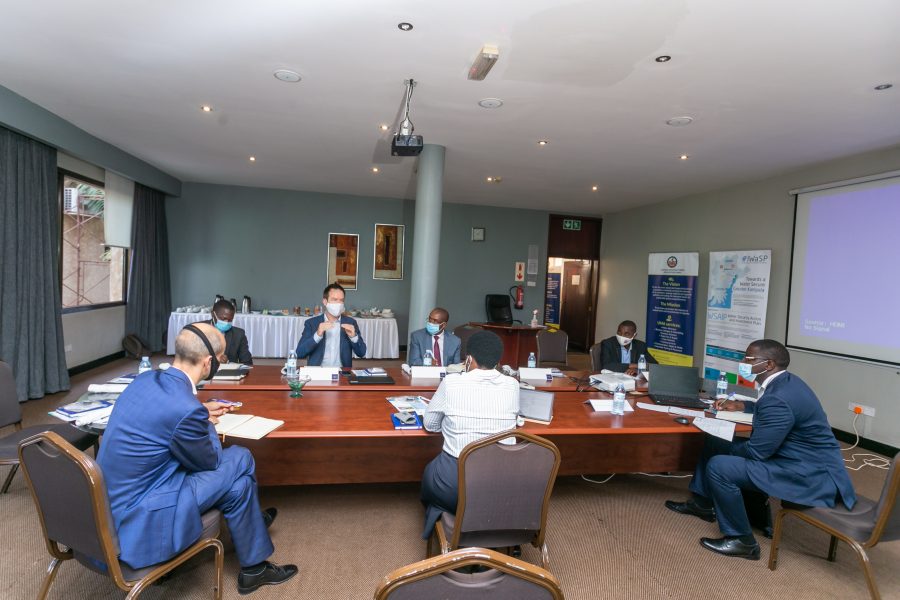Nature-Based Solutions to reduce pollution of lake Hawassa
The use of wetlands for water pollution control dates back to the ancient Chinese and Egyptian civilizations. Wetlands reduce water pollution by removing pollutants coming from surface waters. Constructed wetlands (CW) provide sustainable, low cost, robust and efficiently engineered systems for water treatment, with added ecosystem services.
Since its construction in 2013, Amora Gedel (Eagle’s Valley) CW has been serving to improve the quality of storm water discharging into the lake Hawassa. Amora Gedel was constructed as a joint project by the Hawassa City Administration and the World Bank in Hawassa City. Due to increasing wear-and-tear, human activities, inadequate operation and maintenance over the years, a general overhaul was much needed. Protecting lake Hawassa (PLH) members identified the CW as one of the priority action areas.
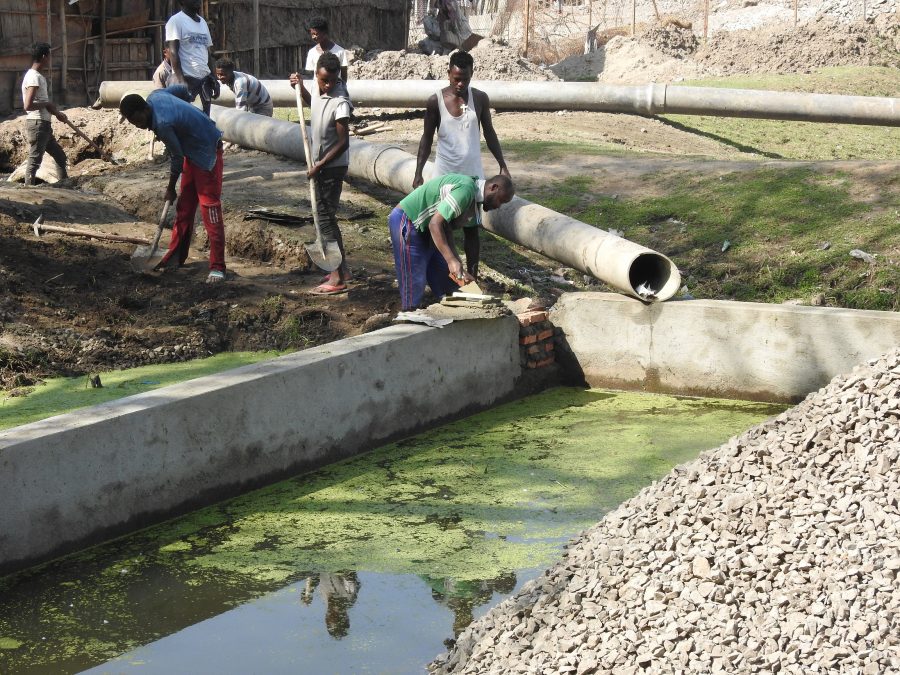
Copyright: NatuReS Ethiopia
Joint action
Earlier this year, NatuReS and the Hawassa Municipality embarked on rehabilitating the Amora Gedel CW. The rehabilitation is part of the PLH Partnership activities. Pooling resources together, NatuReS took the responsibility over the renovation works. Ensuring the long-term sustainability and functionality of the CW will be a task overseen by the municipality.
An Ethiopia-based wastewater construction company is conducting the rehabilitation and supervised by Aquacon Engineering consultants. The Municipality also provided operators for maintaining the CW once rehabilitated. A team from the Municipality, Acquacon, NatuReS and community representatives will carry out the inspection and follow-up work.
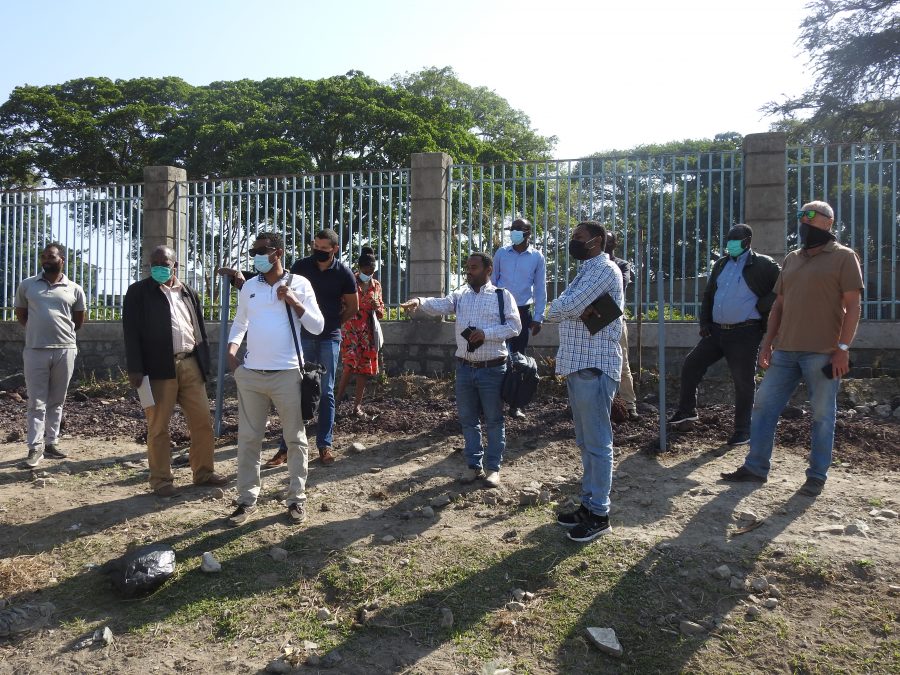
Copyright: NatuReS Ethiopia
The Rift Valley Lakes including Lake Hawassa are currently experiencing a rise in water levels. Amora Gedel rehabilitation is facing challenges from this water level rise, as it results in a mix of lake and storm water. Considering this phenomenon, NatuReS and its partners are acting to reduce the risk and make the CW climate-proof. Raising the whole water treatment ponds by 50cm and rerouting the inlet deliver channel is the action taken to address this risk.
Nature-based solution
Restored to its former glory, the Amora Gedel CW will again be able to treat the first flash of storm water from the city’s drainage channels. This is important, as the first flow is the most polluted, sweeping away dust and garbage from the drainage channels towards the lake. The municipal staff will be collecting large particles such as plastic bottles trapped by the trash rack. Through a biological process, the smaller pollutants, including heavy metals, will be filtered from the water in the CW. This process will make use of aquatic plants (i.e. reeds, duckweed), naturally occurring microorganisms and a filter bed (sand, soils and gravel). The completion of the CW will be right before the start of the rainy season in June.
